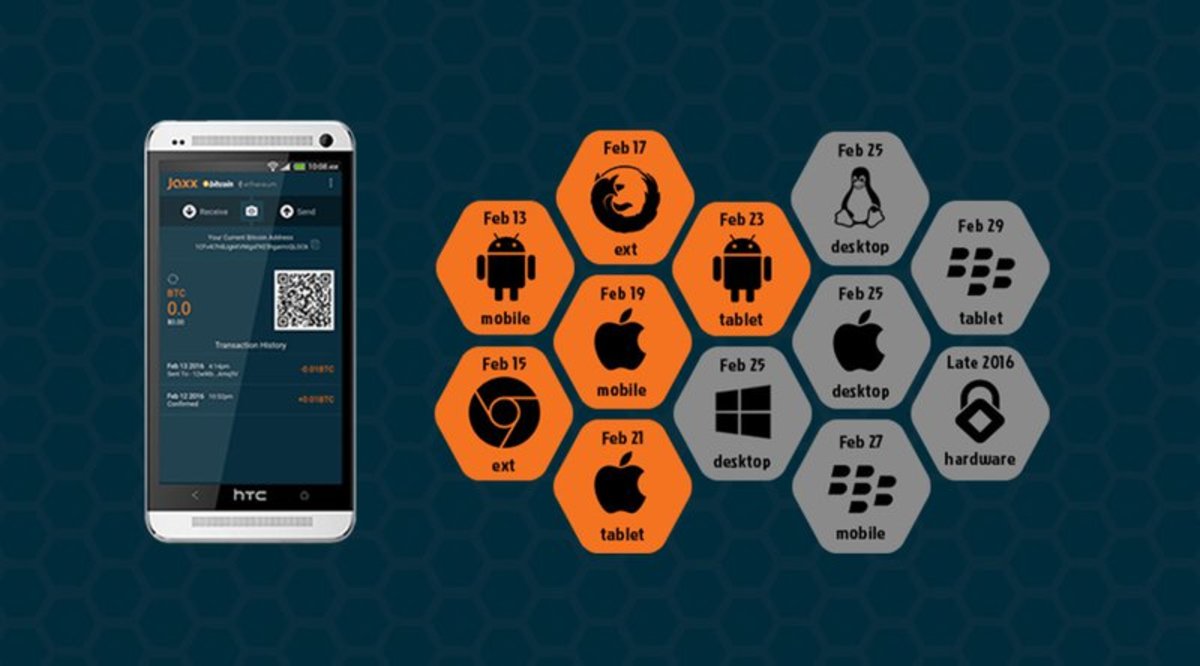
Synechron, a global consulting and technology innovator in the financial services industry, has released the results of a survey conducted by the TABB Group for Synechron on the potential of blockchain and artificial intelligence (AI) in financial services, with respondents believing that they will have a major impact over the next 10 years.
After conducting the survey with 92 banking and capital markets institutions, the findings found that there is still a perception among decision-makers that working with blockchain and artificial intelligence is in some way circumventing or changing key regulatory requirements.
“Many people do not fully understand that the underlying technology is not aimed at changing the rules of compliance and regulation, but will, in fact, allow for more efficient and less risk-averse compliance with regulations,” Synechron CEO Faisal Husain told Bitcoin Magazine. “The technologies are optimizing what financial institutions can achieve, not what rules they can circumvent.”
Husain believes that it is this perception that is the likely result of all the early hype that surrounded the use case for Bitcoin, suggesting that blockchain evangelists need to educate the markets about the realities of peer-to-peer cryptographic technologies.
The findings revealed that when it comes to blockchain technology, 55 percent of respondents think it will be hugely important in financial services over the next 10 years. Surprisingly, only 12 percent said they currently have any kind of deployments in blockchain, while 88 percent are either in research and development or are doing nothing.
When asked what the main hurdles to blockchain adoption were, by a margin of two-to-one the answer was: unclear legal and regulatory issues.
“Legal and regulatory teams need to be involved in the innovation process from day one, so they can see the practice application of blockchain in their business, and not treat it as rubber-stamping departments late in the process,” said Husain. “There is no hidden complexity with blockchain, and so complete transparency and a focus on practical application of the technology is key.”
Slightly higher than the results for blockchain technology, 71 percent of respondents think that over the next 10 years, AI will have a major impact on financial services. The results found, however, that 37 percent said that there is no activity at their institution; 34 percent said AI was in the R&D; stage; 25 percent have small deployments; and only 3.5 percent have actively deployed AI.
Despite the fact that AI is becoming a real presence in our day-to-day lives, such as driving our cars and helping us to shop, 40 percent of respondents said that the cost to develop and deploy AI technology was the biggest barrier to adoption.
“Financial services are built on huge stacks of data, and so there is huge potential value in using AI to garner insights, predict patterns and help make decisions,” said Husain. “It has already become clear that by embracing AI, businesses can achieve a substantial advantage over their competitors and eat market share.”
Not only that, but systemic operations can become more streamlined, automated and cost-effective, and more can be done to drive new revenue lines using predictive and behavioral pattern recognition.
“With the recent convergence of several technology advances like unstructured data analytics, natural language programming, machine learning and low latency processing, it is now more viable that AI can go mainstream and not require huge investments to deliver an ROI [return on investment],” said Husain.
Even though blockchain’s apparent limitless potential has been making a major impact in recent years, like any technology, its suitability must be assessed by banks in terms of their particular needs.
“How important was it in 1995 for companies to start thinking about the impact of the internet on their business?” said Husain. “Like the internet and cloud, blockchains are another enabler of platformification for the financial services industry.”
Husain adds that because distributed ledger principles are now well understood, industry thought leaders agree that they will fundamentally change the way in which trust-based transactions occur.
“It is imperative that financial institutions start implementing and experimenting with the technology as it could prove critical to their competitive status in the future,” he said.
Blockchain and AI are hugely exciting technologies that are beginning to find real-world uses. The aim of the survey was to specifically identify how blockchain and AI can be applied efficiently within financial services firms.
“By increasing awareness of these and encouraging discussion, Synechron can help to move the conversation forward and find practice applications for innovation in financial services,” said Husain.










